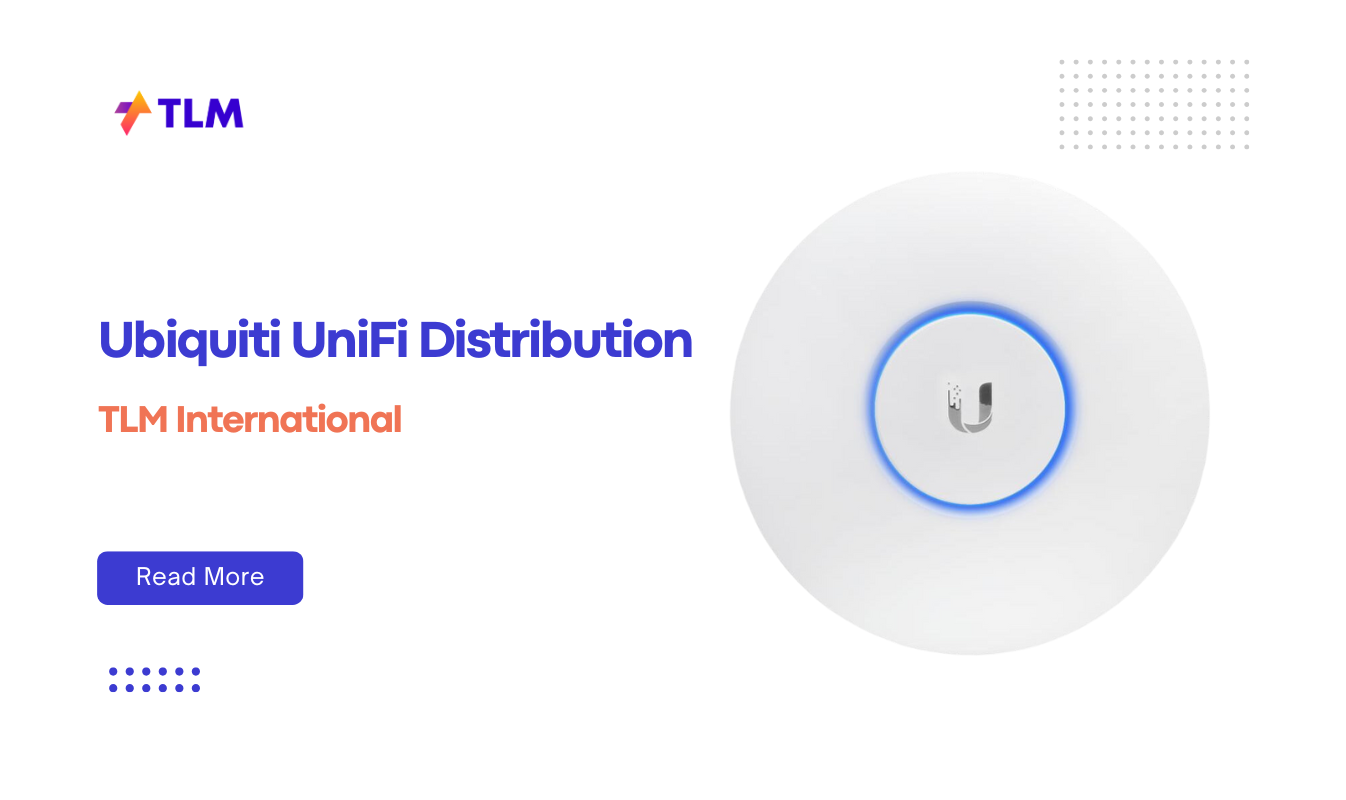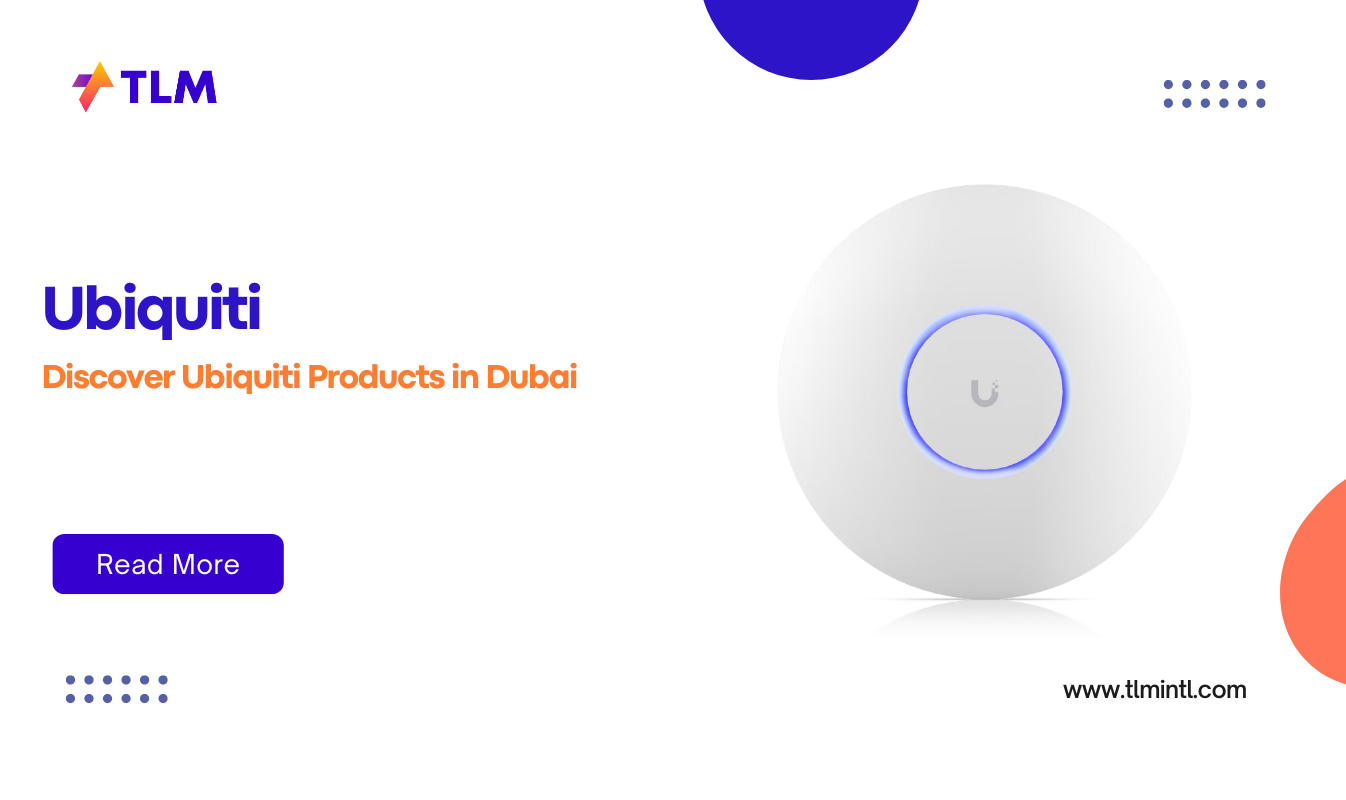In today’s digital age, managing data efficiently is crucial. Whether you’re a professional dealing with large files or a casual user with a growing collection of photos and videos, having adequate storage is essential. An external hard drive offers a versatile solution to meet these needs. This article explores the benefits of using an external hard drive for data storage, highlighting why it might be the perfect addition to your tech setup.
What is an External Hard Drive?
An external hard drive is a portable storage device that connects to your computer via USB, eSATA, or Thunderbolt. It allows you to store and back up data outside your computer’s internal storage, offering flexibility and additional space.
Key Benefits of External Hard Drives
Increased Storage Capacity
- Expandability: External hard drives provide additional storage space, which is particularly useful if your computer’s internal drive is nearing capacity. They can range from a few hundred gigabytes to several terabytes.
- Future-Proofing: As data needs grow, having an external drive ensures you won’t run out of space quickly.
Portability and Convenience
- Easy Transport: External drives are compact and lightweight, making them easy to carry around. This is ideal for professionals who need access to large files on the go.
- Plug-and-Play: Most external drives offer plug-and-play functionality, allowing you to connect them to different devices without complicated setups.
Enhanced Data Security
- Backup Solution: Regularly backing up your data on an external hard drive protects against data loss due to hardware failure or cyber threats.
- Isolation from Viruses: By storing critical data on an external drive that can be disconnected when not in use, you reduce the risk of virus infections.
Improved Performance
- Offloading Data: Storing large files externally can free up internal storage space, potentially improving your computer’s performance by reducing load times and increasing processing speed.
- Faster Access with SSDs: External solid-state drives (SSDs) offer faster read/write speeds compared to traditional hard disk drives (HDDs), enhancing performance for tasks like video editing.
Comparing Types of External Hard Drives
| Feature | HDD (Hard Disk Drive) | SSD (Solid State Drive) | SSHD (Solid State Hybrid Drive) |
| Speed | Moderate (5400-7200 RPM) | High (up to 550 MB/s) | Moderate to High |
| Durability | Susceptible to physical damage | Resistant to shocks and drops | More durable than HDD |
| Cost per GB | Lower | Higher | Moderate |
| Capacity | Up to 24 TB | Up to 4 TB | Up to 14 TB |
| Use Case | Large data storage at lower cost | Fast access for frequently used data | Balance between speed and capacity |
Choosing the Right External Hard Drive
When selecting an external hard drive, consider the following factors:
- Storage Capacity Needs: Determine how much space you require based on your current and future needs.
- Portability Requirements: If you travel frequently, opt for a smaller, more rugged drive.
- Speed Considerations: Choose an SSD for faster performance if you’re working with large files or need quick access.
- Connection Interface: Ensure compatibility with your devices by checking the connection type (USB 3.0, USB-C, Thunderbolt).
- Security Features: Look for drives with encryption options if you’re storing sensitive data.
Additional Benefits and Use Cases
Versatility Across Devices
- Cross-Platform Compatibility: External hard drives can be used with various operating systems, including Windows, macOS, and Linux. This makes them a versatile choice for users who work across different platforms.
- Media Storage: Ideal for storing large media files such as high-resolution photos, videos, and music libraries, external hard drives help manage extensive collections without slowing down your primary device.
Specialized Use Cases
- Creative Professionals: Photographers, videographers, and graphic designers often require high-capacity storage for large files. External SSDs are particularly beneficial for these users due to their speed and reliability.
- Business Backup Solutions: Companies can use external hard drives as part of their disaster recovery plan, ensuring critical business data is backed up offsite.
Maintenance and Care Tips
Ensuring Longevity
- Regular Backups: Schedule regular backups to ensure data is consistently updated and protected against loss.
- Proper Handling: To prevent damage, handle drives carefully and avoid dropping them. SSDs are more durable than HDDs but still require careful handling.
- Environment Considerations: Keep your external hard drive in a cool, dry place to avoid overheating and moisture damage.
Data Management Practices
- Organize Files: Maintain a clear folder structure to easily locate files and manage storage efficiently.
- Delete Unnecessary Data: Regularly review stored data to remove outdated or unnecessary files, freeing up space for new data.
Future Trends in External Storage
Technological Advancements
- Increased Capacities: As technology advances, expect larger capacities at lower costs, making it feasible to store even more data externally.
- Faster Interfaces: Emerging connection technologies like USB4 and Thunderbolt 4 promise faster data transfer rates, enhancing the usability of external drives.
Integration with Cloud Services
- Hybrid Solutions: Combining external hard drives with cloud storage offers a hybrid solution that maximizes both accessibility and security. Users can store sensitive data locally while keeping less critical files in the cloud.
Choosing the Right Portable HDD
For those interested in portable HDDs from brands like Team Group, consider exploring options available on their website Team Group Portable HDDs. These drives offer robust solutions tailored to various needs, from everyday backups to professional-grade storage.
Conclusion
An external hard drive offers numerous benefits for both personal and professional use. From expanding your storage capacity to enhancing data security and improving performance, it’s a versatile tool that adapts to various needs. By understanding the advantages and selecting the right type of drive, you can manage your data more effectively and ensure its safety over time. Whether you’re backing up important documents or storing extensive media collections, an external hard drive provides a reliable solution for all your storage challenges.






